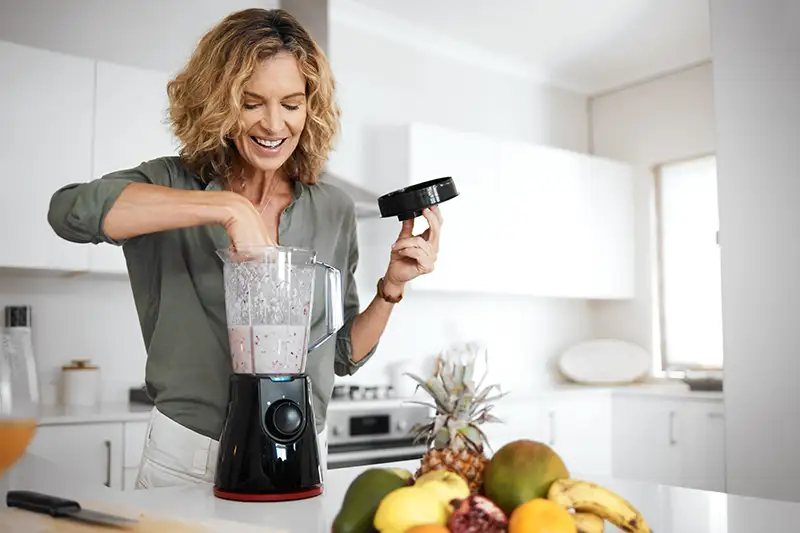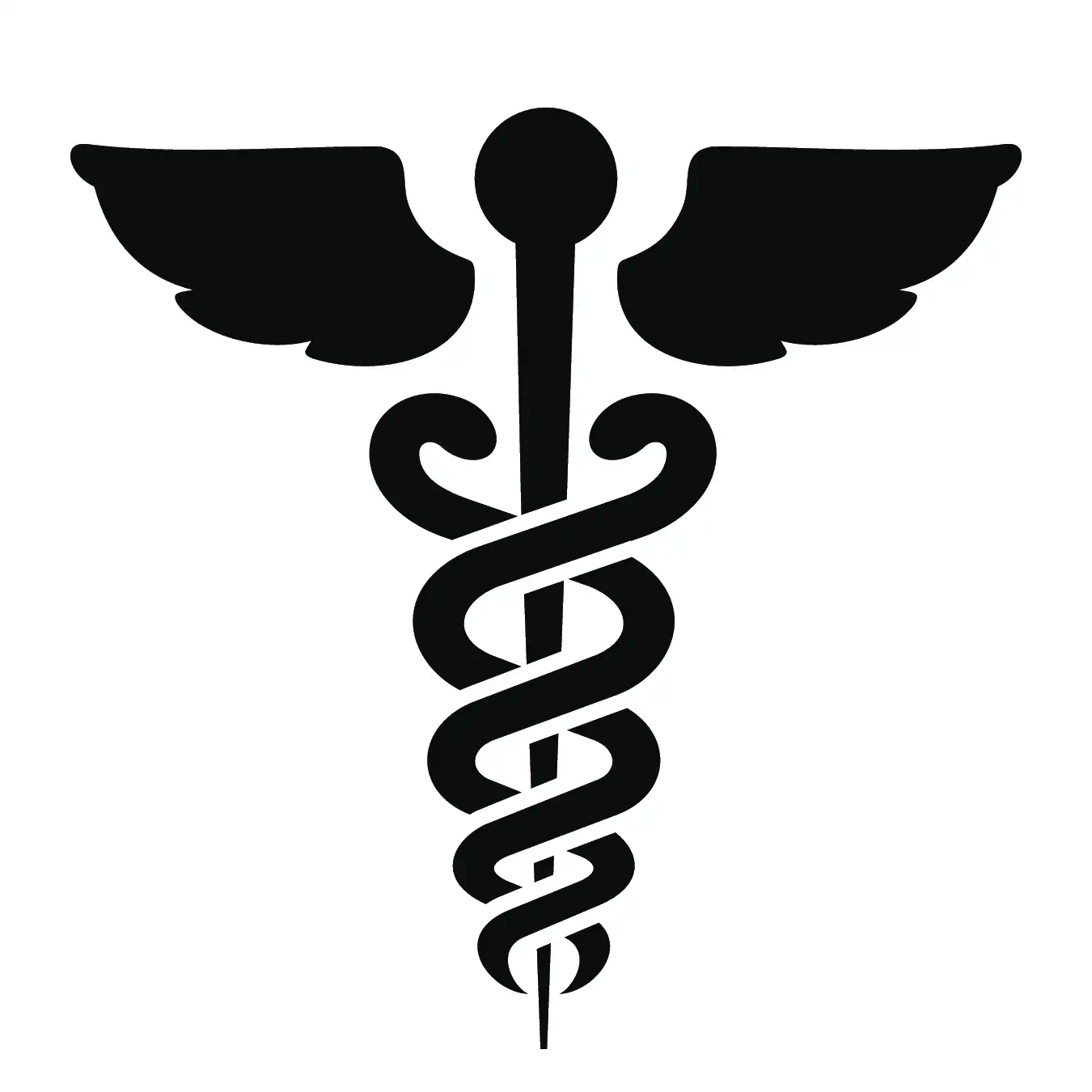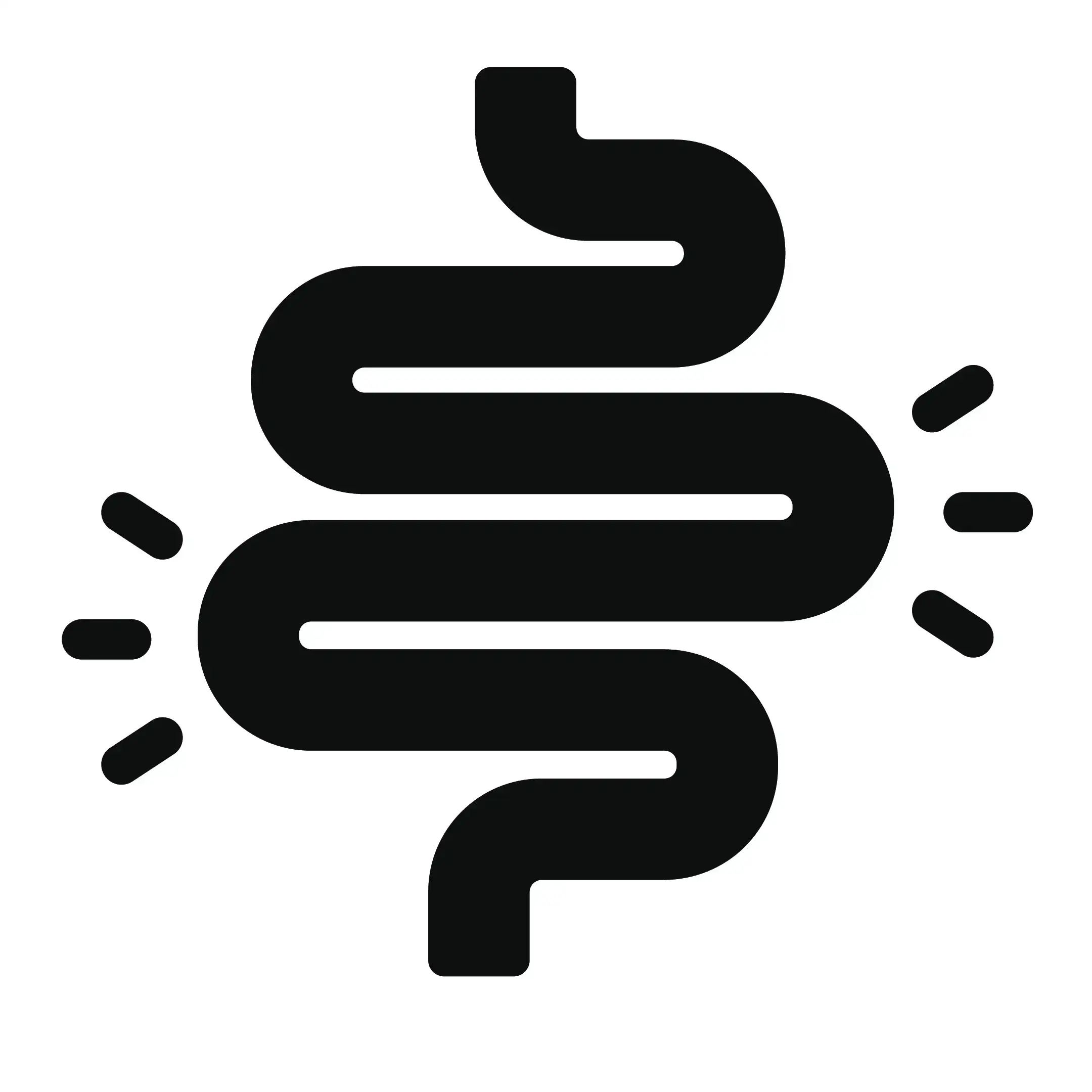Finding Lasting Relief

It is important that you be able to enjoy the foods that you love. But we also want to help you beat GERD, setting you up for lasting health and wellness.
Our approach to optimal management includes:
- Short-term use of medications, as needed, for symptom relief
- A tailored diet plan to identify triggers and make digestion easier
- A weight loss plan, if desired, to reduce its impact on reflux symptoms

Proton pump inhibitors (PPIs) and histamine (H2) blockers are the most common classes of medication used to treat these symptoms. While these therapies are generally effective and safe, they only treat the symptoms, not the cause.
It is important that you be able to enjoy the foods that you love. But we also want to help you beat GERD, setting you up for lasting health and wellness.
Our approach to optimal management includes:
- Short-term use of medications, as needed, for symptom relief
- A tailored diet plan to identify triggers and make digestion easier
- A weight loss plan, if desired, to reduce its impact on reflux symptoms
The Role of Weight in GERD
Carrying excess weight in our abdomen increases pressure in the stomach, which can push acid and stomach contents into our esophagus. This is what leads to the uncomfortable sensation of heartburn and regurgitation. Losing a small amount of weight (5-10% of your body weight) can significantly reduce symptoms and decrease reliance on medical therapy. If you are open to losing weight, we are here to help guide you through that process.
Figuring Out What Works for You


Identifying the right diet for GERD can feel very overwhelming. You’ve probably been given advice to steer clear of several categories of food and drink – chocolate, alcohol, caffeine, spicy foods, citrus, tomatoes, and greasy or fatty foods – and wondered what’s left? The truth is, there is no one-size-fits-all diet for GERD. What triggers one person may not bother the next.
That’s where we come in. We combine research-backed practices with a detailed interview to identify the foods that cause issues for you while ensuring your diet remains balanced, enjoyable, and sustainable.
FAQ: Reflux (GERD)
Can GERD be treated without medication?
Yes! Medications (above) can effectively relieve symptoms, but the primary focus shouldn’t be to achieve short-term symptom control. Our aim is to think longer-term: dietary factors, stress management, and sleep support can each be crucial to reduce chronic reflux and improve overall digestive health. Our whole body approach to GERD may include weight loss support – even small changes can make a big difference. We’ll work to develop a plan that is right for you, whether that includes decreasing or even eliminating your need for medications.
What foods trigger GERD?
We wish there was a one-size-fits-all answer, but what irritates one person may not affect the next. Foods listed above can be the issue, while others react to simple sugars or even highly processed foods. Our aim is to help you learn your triggers while ensuring your diet remains balanced and enjoyable. You can work one-on-one with our GI-trained dietitian to help you determine the best approach. Let’s prevent reflux without restrictive eating, so you can enjoy your meals while feeling your best.
Are proton pump inhibitors (PPIs) safe long-term? What are the risks?
Yes, they are usually safe and effective for managing reflux and other acid-related diseases. Millions of people use them with no side effects and for many, they help avoid serious complications like esophagitis, Barrett’s esophagus, and ulcers. But it is important to know that long-term PPI therapy is not without hazard.
The greatest concern with prolonged PPI use is an increased risk of intestinal infection, such as C. difficile. By suppressing stomach acid, PPIs make it easier for more harmful bacteria to survive in the gut. There is somewhat conflicting data that associates long-term PPI use with a slightly increased risk of bone fractures due to reduced calcium absorption. The risk is low for most people, but it is an important consideration in select individuals.
Our systematic approach to GERD aims to keep your symptoms under control by tackling the cause(s) of the problem through natural solutions: diet changes, weight management, or other behavioral modifications. This way, you can be symptom-free and either reduce the frequency or dose of your medication, or not depend on a daily medication at all.
Does stress make GERD worse?
Stress can cause and intensify symptoms of GERD. It can affect our food choices as well as our perception of reflux symptoms. Poor sleep or anxiety can be a primary reason for uncontrolled reflux, which can also interfere with sleep or worsen anxiety. We understand that GERD is not just a mechanical disease where we solve the problem by reducing acid. Optimizing our sleep and how we handle stress and/or other mental health concerns are keys to helping you feel your best physically and mentally.










